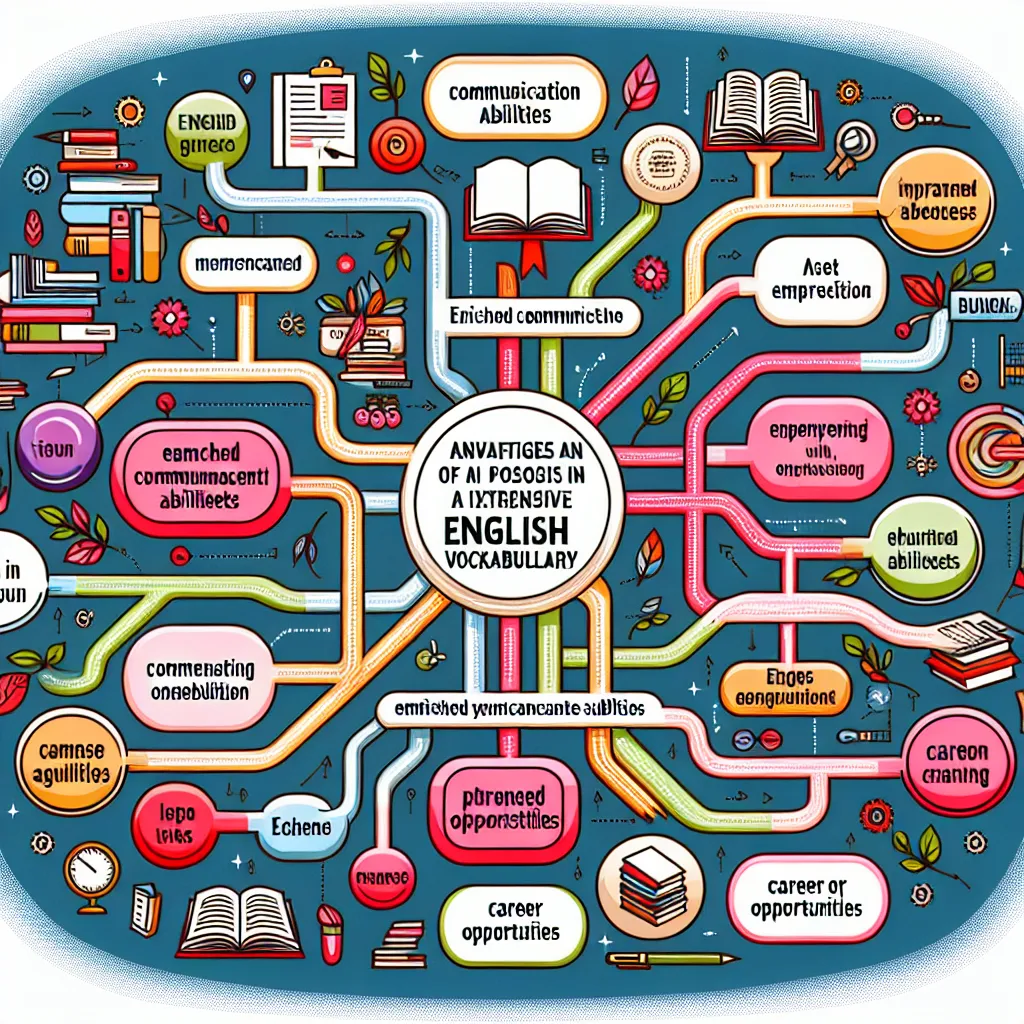Are you looking to enhance your English writing skills? Whether you’re a student, professional, or simply someone who wants to communicate more effectively in writing, mastering the art of English composition is a valuable skill. In this article, we’ll explore ten proven tips to help you improve your English writing abilities and express yourself with clarity and confidence.
1. Read Extensively
One of the most effective ways to improve your writing is by reading extensively. Reading exposes you to various writing styles, vocabulary, and sentence structures. It also helps you internalize the rhythm and flow of the English language.
How to make the most of your reading:
- Choose diverse materials: Read books, articles, newspapers, and blogs across different genres and topics.
- Pay attention to writing styles: Notice how authors structure their sentences and paragraphs.
- Keep a vocabulary journal: Jot down new words and phrases you encounter while reading.
 Extensive reading for improved writing
Extensive reading for improved writing
2. Practice Regular Writing
Like any skill, writing improves with practice. Set aside time each day to write, even if it’s just for 15-20 minutes.
Writing exercise ideas:
- Keep a daily journal
- Write short stories or essays on topics that interest you
- Start a blog to share your thoughts and experiences
- Participate in online writing forums or communities
3. Learn and Use New Vocabulary
Expanding your vocabulary is crucial for improving your writing skills. It allows you to express yourself more precisely and add variety to your writing.
Tips for vocabulary expansion:
- Use a thesaurus to find synonyms and antonyms
- Learn one new word each day and try to use it in a sentence
- Study word roots, prefixes, and suffixes to understand word formation
- Use vocabulary-building apps or websites like Vocabulary.com or Memrise
4. Master English Grammar
A solid understanding of English grammar is essential for clear and effective writing. Focus on areas where you struggle and gradually work on improving them.
Key grammar areas to focus on:
- Sentence structure
- Verb tenses
- Subject-verb agreement
- Proper use of articles and prepositions
- Punctuation rules
 Mastering English grammar
Mastering English grammar
5. Use Writing Tools and Resources
Take advantage of the many writing tools and resources available online to help improve your skills.
Useful writing tools:
- Grammarly: For grammar and spelling checks
- Hemingway Editor: To simplify and clarify your writing
- ProWritingAid: For in-depth analysis of your writing style
- Online dictionaries and thesauruses
6. Outline Before You Write
Before diving into your writing, create an outline to organize your thoughts and structure your content. This helps ensure your writing is coherent and well-organized.
Steps for effective outlining:
- Identify your main topic or thesis
- List key points or arguments
- Arrange points in a logical order
- Add supporting details under each main point
7. Write Clear and Concise Sentences
Clarity is key in effective writing. Aim to express your ideas in clear, concise sentences that are easy for readers to understand.
Tips for writing clear sentences:
- Use active voice whenever possible
- Avoid unnecessary words and phrases
- Break long, complex sentences into shorter ones
- Use specific and concrete language
8. Edit and Revise Your Work
Never submit your first draft. Take the time to edit and revise your writing to improve its quality and clarity.
Editing and revision process:
- Take a break before editing to approach your work with fresh eyes
- Read your writing aloud to catch awkward phrasing or errors
- Check for grammar, spelling, and punctuation mistakes
- Ensure your ideas flow logically from one paragraph to the next
- Ask a friend or colleague to review your work and provide feedback
 Editing and revising written work
Editing and revising written work
9. Learn from Feedback
Constructive feedback is invaluable for improving your writing skills. Seek out opportunities to receive feedback on your writing and use it to identify areas for improvement.
Ways to get feedback:
- Join a writing group or workshop
- Share your writing with trusted friends or colleagues
- Participate in online writing communities
- Consider working with a writing tutor or coach
10. Study Different Writing Styles and Formats
Familiarize yourself with various writing styles and formats to become a more versatile writer. This knowledge will help you adapt your writing to different audiences and purposes.
Writing styles and formats to explore:
- Academic writing
- Business writing
- Creative writing
- Journalistic writing
- Technical writing
By implementing these ten tips, you’ll be well on your way to improving your English writing skills. Remember that becoming a proficient writer takes time and consistent effort. Be patient with yourself and celebrate your progress along the way. With dedication and practice, you’ll soon find yourself writing with greater confidence and clarity.
Do you have any favorite tips for improving your writing skills? Share your thoughts and experiences in the comments below, and don’t forget to check out our other articles on language learning and skill development.




